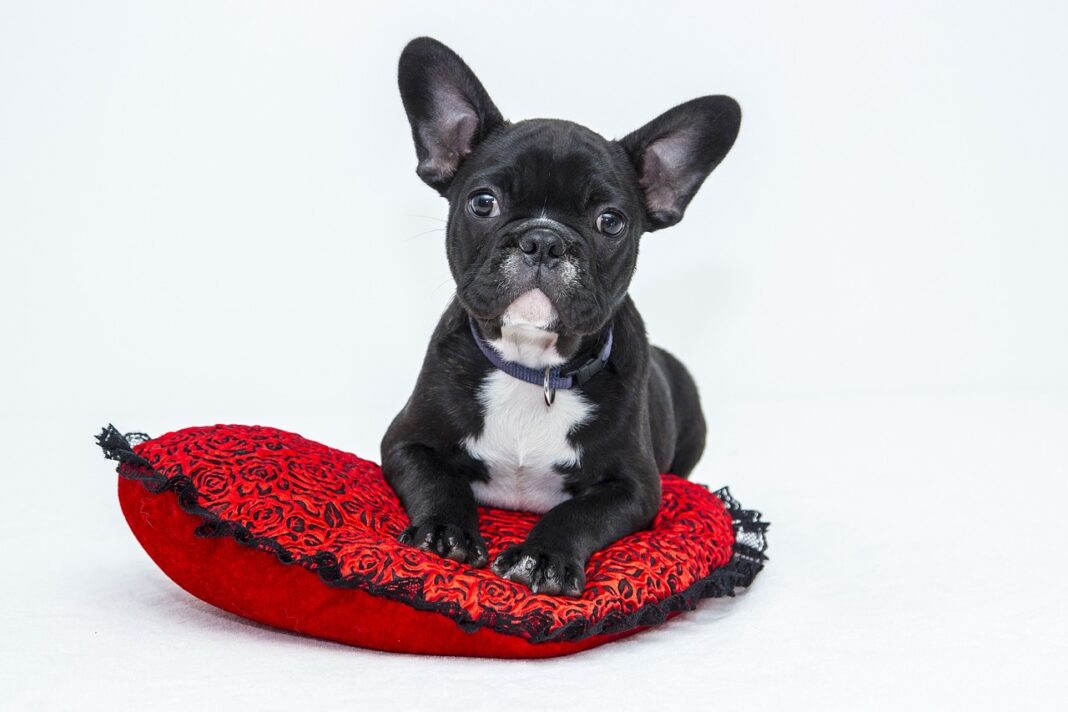Is a dog right for you?
Dogs are very playful animals, and they need more love. Dogs and humans are best friends in ancient times. Dogs can easily build good companionship with humans. They must need basic needs to live, such as food, shelter, veterinary care, affection, and physical and mental stimulation.
You can choose a dog if you can arrange at least one or two daily walks. Also, do you have a big, safe, enclosed yard? If you can answer these questions before getting a dog.
Are you right for a dog?
Caring for a dog is an additional cost. Before getting a dog, consider your monthly cost plus food, vaccinations, dog insurance, and other veterinary expenses.
- How is your lifestyle going on?
Do you have free time to stay with your dog?
If you have kids, can you cope with dogs and kids?
Give answers to these questions in yourself.
Legal Responsibilities
- Legal rules are very important in the US. An annual dog license and up-to-date rabies vaccination are necessary; put the numbered tag on the dog’s collar.
You must care for your dog properly; if not, there are rules regarding your duty. Also, you are responsible for protecting your dog from pain, injury, and any disease.
Choosing a puppy
All of us love a puppy. Puppies are especially the best option for small kids. Because they can grow together and create a lifelong bond, sometimes puppies need more attention than adults, so you must consider these things before getting a dog.
Choosing an adult dog
If you love to get an adult dog, you can get some benefits. They have already developed their personalities. On the other hand, it is somewhat difficult to train, and they have bad habits that must be corrected.
Which sex?
Actually it is not a problem. But there are some points you should consider. Unneutered young males can be problematic when their sex hormones are raging, while females go into heat twice a year, which means extra work for the owner and dealing with advances from male dogs and, potentially, puppies.
Choosing a pure-breed
If you choose a pure-breed dog, it will give you some benefits. You can get an idea about the behavior of the dog. If you know what dog breed you choose, you will be able to understand its adult size, the exercise it needs, food requirements, and so on.
Choosing a mixed breed dog
Mix breeds are free from breed-related disorders. Also, they have more fun and big personalities. It can be almost impossible to predict how large a mixed-breed dog will grow due to its random—and perhaps unknown—parentage.
Coats to consider
Long coat – Long coats need more care than others. Daily grooming is important to prevent hairballs and matting because you should often brush their hair and coat.
These coats need more care than other coat types. Long coats can mask issues such as injuries or weight problems, so be alert to these when grooming your dog.
WIRY – These coats need a lot of combing, or they will get matted. Clipping or stripping every 6–8 weeks is also an option.
CURLY – These coats need to remove excess hair in the ears and body.
SMOOTH – The easiest of all the coat types, smooth coats require little equipment other than a comb and a soft brush. They should not be bathed too often because this washes away their natural oils.
How much space do you need?
The space needed for your dog depends on the size and age of the selected dog. If you do not have adequate space, do not plan to get a big-size breed.
Considering small breed
If you live in an apartment, do not worry, there are many small breeds available and small breeds are suitable for you. You can choose a small dog with your preference, color, shape, and temperaments.
Shih Tzu
Chihuahua
Pug
Jack Russell
Dachshund
Border Terrier, Fox Terrier, Yorkshire Terrier, West Highland Terrier, Lhasa Apso, Pembroke Welsh Corgi, Pekingese, Bichon Frisé, Cavalier King Charles Spaniel, Papillon, as well as miniature versions of the Schnauzer and Poodle, and the Doberman-lookalike Miniature Pinscher
Considering medium breed
A medium-sized breed is a great choice, size-wise, for the family home. These breeds make up the great majority of dogs you will see on leashes in the streets, recreational areas, and hiking spots. Kids who are old enough to run around love playing tag and ball games with their similarly sized canine companions, and a real bond often develops between them as the pair grow up together.
English Cocker Spaniel
Beagle
French Bulldog
Border Collie
Whippet, English Springer Spaniel, Airedale Terrier, American Cocker Spaniel, Bull Terrier, Staffordshire Bull Terrier, Brittany, Standard Schnauzer, Shar-Pei, and Shetland Sheepdog.
Considering large breed
Most of the big dogs are lazy, but they require a lot of exercise. Otherwise, some diseases may develop in their body. What they all need, though, is enough living space, so these breeds are only suitable for those with large houses, ideally with a decent-sized yard, too. Large dogs, in particular, really benefit from obedience training.
Afghan Hound
Boxer
Labrador
German Shepherd
Great Dane
Newfoundland, St. Bernard, Rottweiler, Bullmastiff, Japanese Akita, Bloodhound, Doberman, Irish Wolfhound, Chow Chow, Standard Poodle, Dalmatian, Old English Sheepdog, Collie, Greyhound, Rhodesian Ridgeback, Hungarian Viszla, Irish Setter, German Pointer, Golden Retriever, and Weimaraner.
Caring for a dog is not easy because they need a lot of care if you have more time than your scheduled work.
